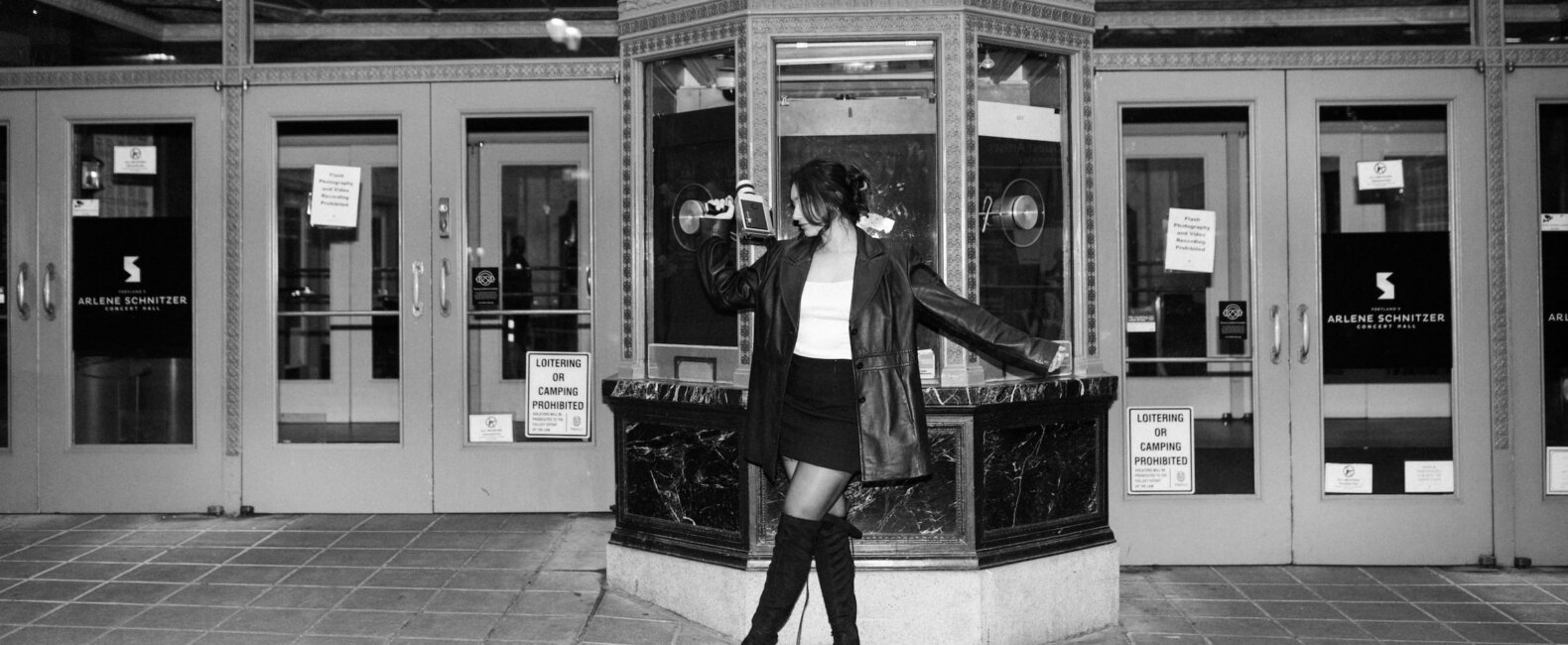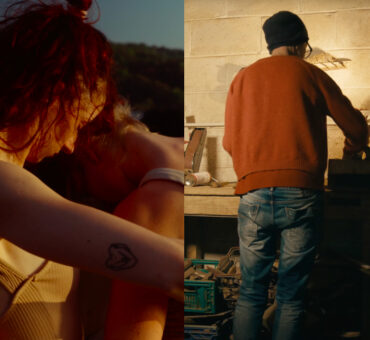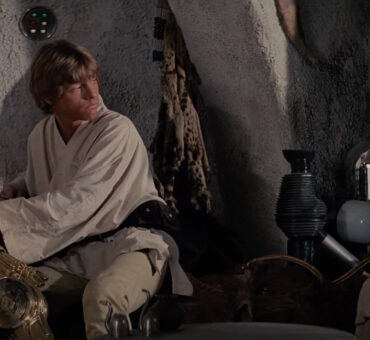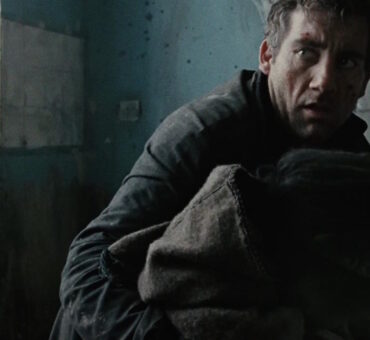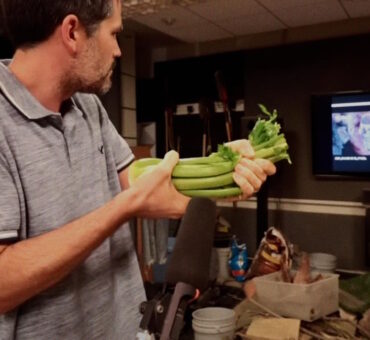Oregon-based videographer Alesia Hardy captures stunning weddings with a seasoned eye for cinematic storytelling. Read her interview to learn more about what sparked her initial interest in filmmaking and how she searches Musicbed to find the right music for her beautiful wedding films.
Musicbed: What sparked your passion for filmmaking or storytelling?
Alesia Hardy: The streets, fountains, architecture, and arguably the food of Italy’s Amalfi Coast sparked my first passionate pursuit of filmmaking. The motivation to travel allowed me to religiously save my tips at a coffee shop for a year. After all that planning and saving, I was able to afford a two-week backpacking trip through Rome, Florence, and Cinque Terre. On this trip, I took over a thousand videos on my iPhone. After a free download of iMovie to my college laptop, I made a travel-inspired music video from the footage. Showing this amateur film to everyone I knew brought me so much happiness and my mind started racing with how much more creative I could get with the next one. I immediately started looking at camera equipment and better editing programs. After years of elevated lifestyle films for YouTube, I eventually landed in the wedding industry. My clients today have given me that ticket to passionate creativity with their destination celebrations. Re-imagining what it is to capture a family event surrounded by high fashion, big emotions, and incredible landscapes.
What keeps you motivated and creatively inspired?
My motivation comes from my favorite romantic dramas like Pride and Prejudice and Bridgerton. Colorful daytime footage juxtaposed with moody, smoke-filled sunny windows and the glow from a fire is my favorite. Feeling the cinematic score of a world-building movie like Star Wars or the ASMR from The Bear constantly pushes me to keep exploring and learning how to incorporate these techniques into my films.
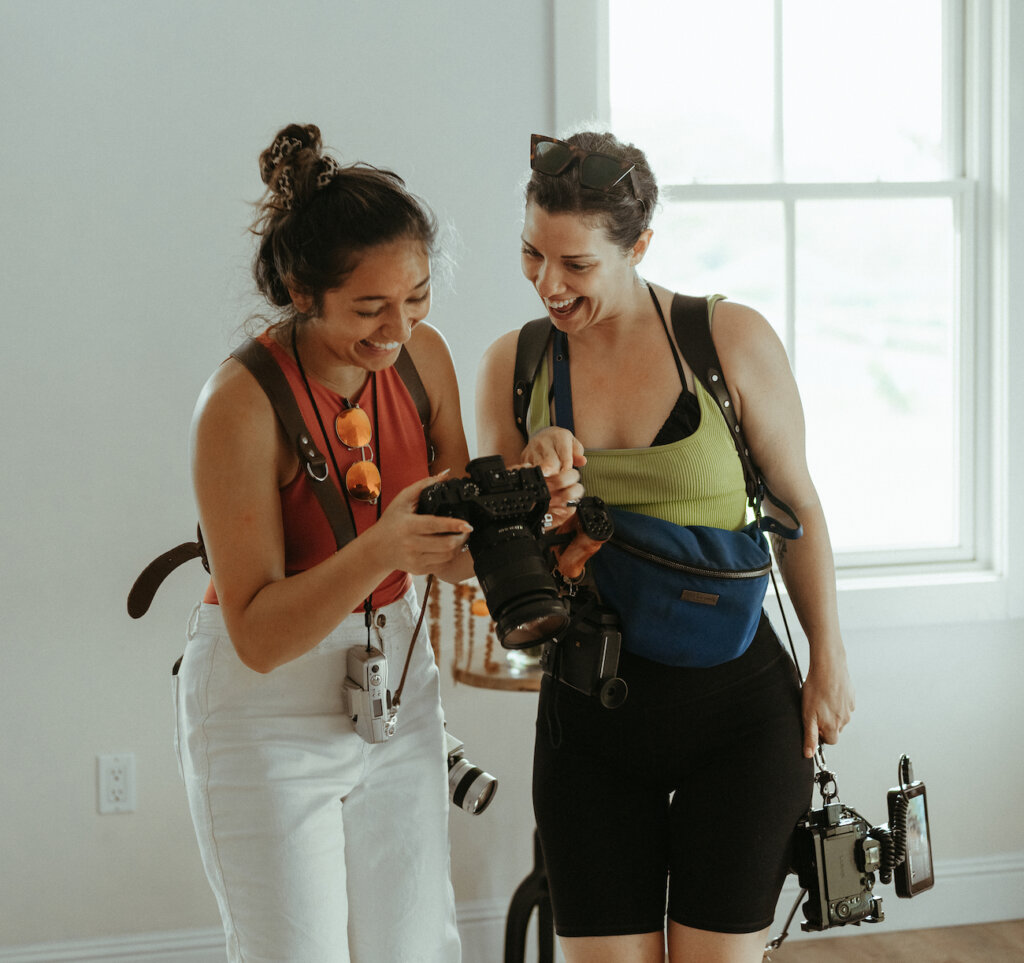
What makes a story visually appealing? What role does music play in storytelling?
Visually appealing films have the most intentional composition. You can tell who the artists are behind the camera when they thoughtfully capture a scene from an angle no one else has considered. The role music plays in storytelling for me is the component of carrying our emotions. How much more dramatic can the groom’s vows be when he starts to cry and a soft piano crescendos to the climax of the song the moment he sees her? Or how the rhythm of a saxophone carries the pace of a destination film in Mexico as they parade down the streets? Music tells us how we should feel as we watch the visual story unfold.
What elements do you think are essential for crafting a compelling story?
The main elements essential for storytelling are music, sound design, composition, lighting, and setting. I encourage all my friends to not underestimate the power of b-roll footage as well. The intro of every film is what captures our audience so all of these essentials must be met within the first 30 seconds of the film.
How important is music in your work?
Music is extremely important to me as it’s the number one piece of feedback I get from clients who want to book me! They like my taste for the cinematic mixture of vintage, rock, and indie love songs I’m most known for using. I personally won’t use a song in my film unless I see myself enjoying it. I have to like the song to decide whether or not I’m going to use it. Lately, music has been an amazing creative outlet for me to mix different genres fluidly in my films. As we know wedding days are a rollercoaster of emotions, it’s important to me that I pick multiple songs that reflect the emotions we see from happy tears to dance floor moves. Choosing the right music for every film is how I approach the rest of the storytelling, so it’s an extremely well-thought-out process.
What advice would you give other filmmakers just starting their careers?
Push yourself outside the box of what you see from other filmmakers. The comparison game can be hurtful among your peers, so I encourage you to go out and film what you see. Everything you create is unique because it’s coming from you. And we all want to see that. Invest in your education by setting up opportunities to film an idea you have. Giving yourself the experience to allow trial and error will ultimately help you grow the most and help you find what you love to shoot most.
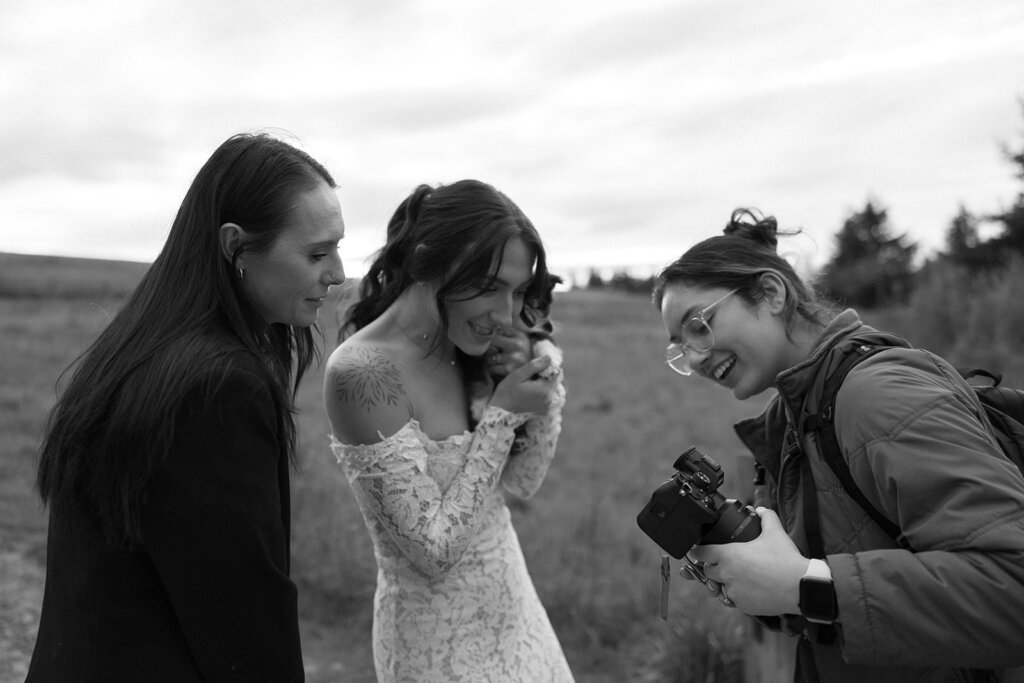
How do you balance pushing boundaries creatively and delivering what your client wants or audience wants to see?
My balance for my wedding clients is fairly simple. What they purchase from me is a highlight film. A highlight film that I allow them to collaborate with me—it’s their wedding film at the end of the day. I work together with my couples to make sure they get exactly what they want while also allowing me to do what I do best and suggest the creative ideas I have. Additionally, I always make my clients a teaser film. These teaser films are where I push myself creatively and try something new or different. This is where I get to have fun! Then, for the actual highlight film, I’ll refer back to my client’s notes and follow the notes. It’s like getting the best of both worlds to fulfill myself creatively while also delivering a film that’s in the client’s wishes.
What is the most challenging aspect of being a filmmaker?
The most challenging aspect for me is time, honestly. If the sunset didn’t dip so fast, I could’ve tried A, B, C. If the first dance wasn’t just two minutes long, I could get a couple of different angles. Being a wedding filmmaker is a lot of on-the-spot thinking and shooting. Sometimes you’re thrown into the next thing on the timeline without really getting a chance to survey what the best way to shoot it will be.
If I had more time to get the best shot possible out of what we’re given, the films could be exponentially better like a Hollywood movie. But alas, it’s a challenge that will always be there and the best thing I can do is mentally prepare beforehand.
What’s your favorite project you’ve worked on?
My favorite project was filming my husband and I’s engagement film entirely from Super 8mm. It was an expensive challenge to take only silent footage over music and make it engaging and bring our love story to life. It reminded me of my roots and how I started filmmaking with lifestyle films. It re-sparked some of that love for filming my own life and making sure I prioritize us as much as capturing other people’s memories. It also taught me a lot about analog and how the first filmmakers used to do it.
How do you search for music on Musicbed?
I love using Musicbed’s song search tools like genre and mood selections. I especially love the advanced feature to find my next songs in the same key as the first so the film feels like it’s transitioning smoothly. I always encourage other filmmakers to look outside their normal genres for instrumental tracks. I’ve been surprised with what I’ve found in the Rock category for my reception edits.
Why do you utilize Musicbed in your work?
I utilize Musicbed in my work because I’ve tried other song licensing platforms and none of them compared to the selection on Musicbed. It has songs you like to listen to and a variety of selections from commercial work, lifestyle, weddings, and more. I can trust that I’ll find my song there quickly compared to wasting hours elsewhere.
—
Explore a curated playlist of Alesia’s favorite music to use in her films—all available to license only on Musicbed.















































































